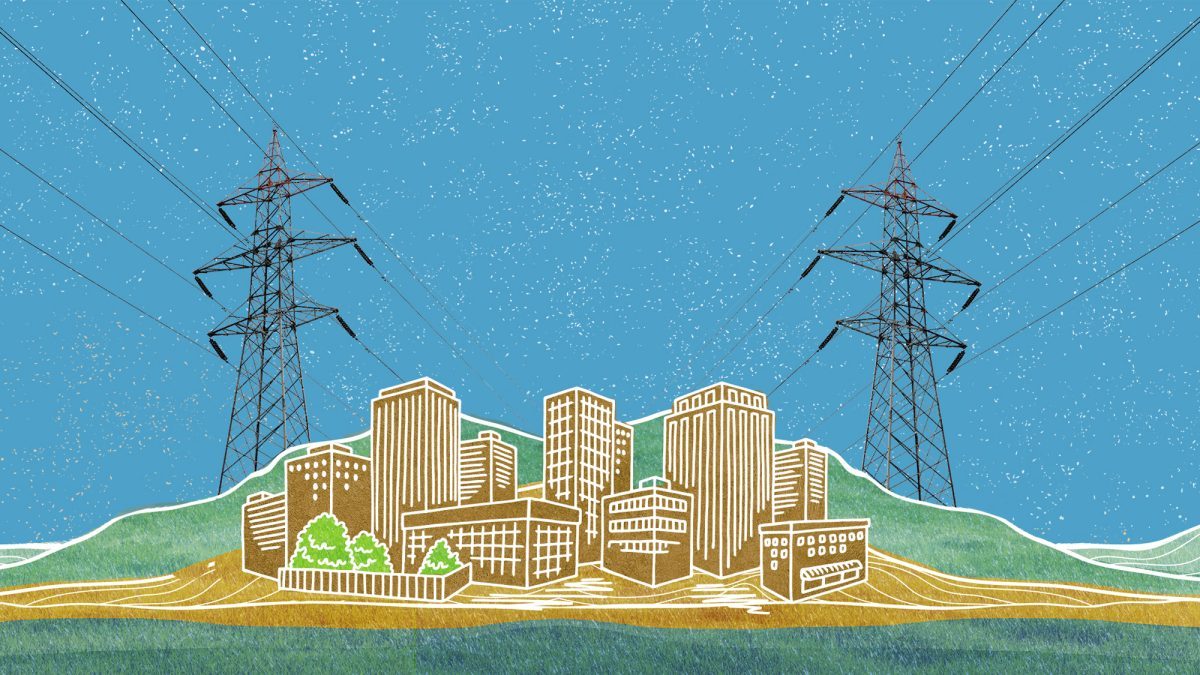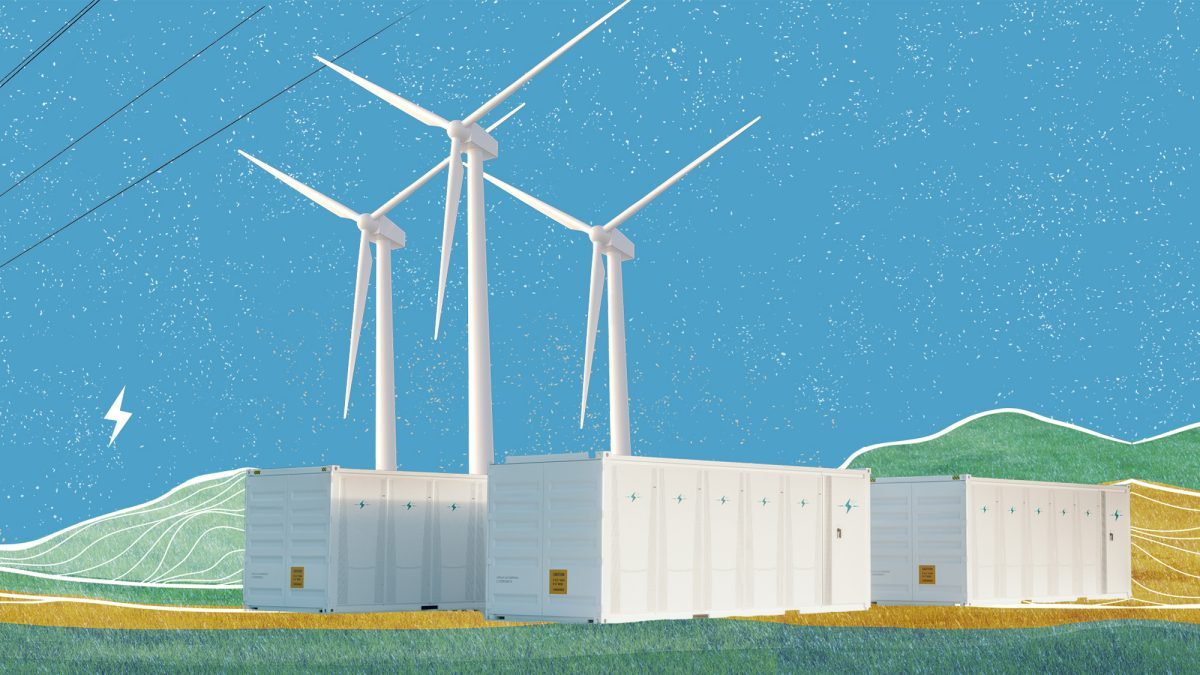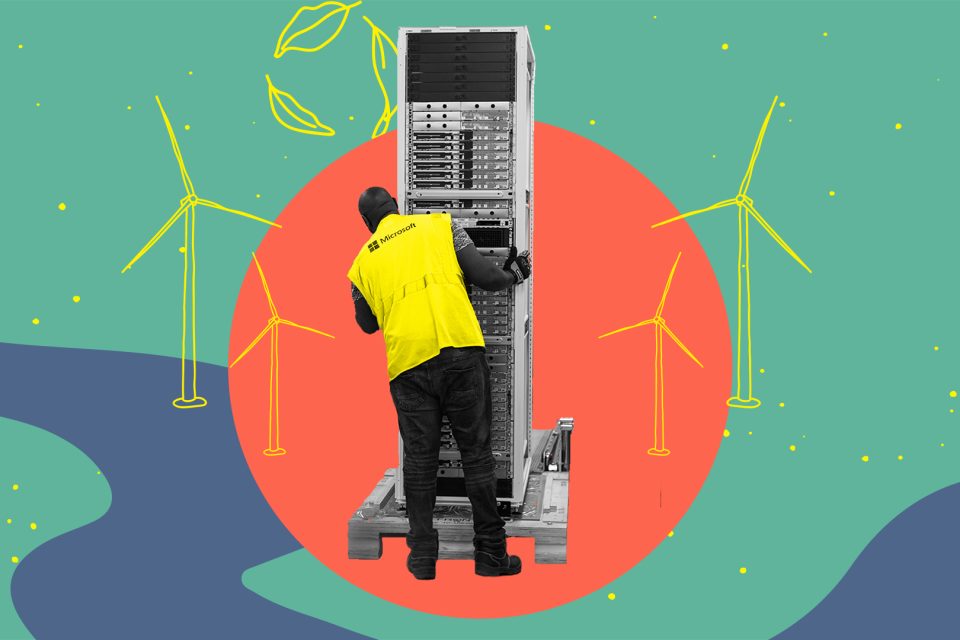The entire world, especially Europe, is facing an unprecedented energy crisis marked by a shortage of energy supply and spiking prices. All companies in these times, including Microsoft, introduce strict measures to increase energy efficiency and shift to renewable energy sources. In the event of energy restrictions, we are prepared to follow government requirements, while minimizing disruption to our customers and their workloads running on the Microsoft cloud.
Microsoft has long invested considerable resources into the development of highly energy-efficient data center infrastructure as a means to contribute to reduced energy consumption globally. Indeed, Microsoft’s data centers can be 22 to 93 percent more energy-efficient compared to running the same services in private ones, according to a study Microsoft commissioned from WSP, a global consultancy with expertise in environmental and sustainability issues. A landmark study from a group of academics reached similar conclusions and estimates that between 2010-2018, data center energy use increased only 6%, while compute instances went up by 550%. Data centers account for ~1 percent of global energy use. Since more than 90% of Microsoft’s total data center operations within the EU are used by commercial and government business, our measures have a considerable impact on the fulfilment of EU’s long term energy commitments.

Financial institutions, hospitals, governments, emergency responders, public health and safety providers, national security, communications, news sources, and work files all depend upon data centers – the physical infrastructure that hosts the cloud. As a result, the overwhelming majority of data stored in our facilities is owned by and dedicated to our customers, making these data centers important pillars of economic activity and creation of local economic surplus, and inclusive growth.
Shifting to the cloud is a necessary step forward in countries committed to lower emissions goals in times of energy shortages. However, in Ukraine, where infrastructure is being ravaged both by targeted missile attacks and cyberattacks, it is a matter of pure survival. DTEK, an energy holding company supplying electricity to more than 3.5 million households in Ukraine, achieved stability and cybersecurity through re-establishing its operations. Now concentrating heavily on restoring electricity supply to households in war-ridden Ukraine, DTEK has remained strongly forward-looking. It is implementing renewable energy projects even in the midst of war and plans to play a key role in a peaceful future that also brings the environment to the fore. It is part of our mission to help them fulfil their goals.
Although moving to the cloud is the first step toward a more energy-saving operation, organizations today need more to tackle current energy related challenges. Therefore, we are working closely with all stakeholders across the region to offer support and provide expertise to address their range of energy challenges both in the near and long-term.
- We have released Microsoft Cloud for Sustainability, an Azure-based platform that allows organizations to combine disparate data sources into one place and help provide insights into how to improve their sustainability approaches.
- To help organizations measure the sustainability impact of migrating to the cloud, we shipped the Microsoft Emissions Impact Dashboard (EID). We’ve also released the Emissions Impact Dashboard for Microsoft 365(in preview) to bring the same level of transparency to the use of Microsoft 365 services.
- We have published a guidance for customers on how to minimize resource and energy use when using Microsoft Azure.
- We have launched the Azure Migration and Modernization Program, which utilizes system integrator partners to drive cloud workload migration for customers.

All new Microsoft data centers are designed to the LEED Gold standard, namely they are hyper efficient, moving to a 100 percent supply of renewable energy and where possible, contributing back to the grid. Given Europe’s generally temperate climate, Microsoft’s data centers in Europe use outdoor “ambient” air to control temperature, meaning the energy that is used contributes primarily to server workloads.
Microsoft is piloting and utilizing resiliency services at its data centers that can provide valuable resources to the grid. In Ireland, Microsoft will utilize our uninterruptible power supply (UPS) batteries to provide frequency support services back to the electrical grid. In Sweden, we are piloting a fleet of longer-duration batteries to displace diesel generators and in Finland, we are planning to build the world’s largest system for capturing and reusing the heat from servers, which will provide up to 40 percent of the heat needed by residents in Finland’s second largest city, Espoo. We are also piloting the use of liquid cooling across several data centers, in order to further reduce energy consumption.
Microsoft sees grid resilience as paramount and we believe in a carbon-free and truly resilient future for our electric grid. In preparation for potential disruptions to energy supply, we have developed risk mitigation strategies including backup power generation in case of a grid outage. We have also readied our European data centers to implement these strategies when needed. These preparations will ensure continual supply to our customers running their critical workloads in the Microsoft Cloud.





